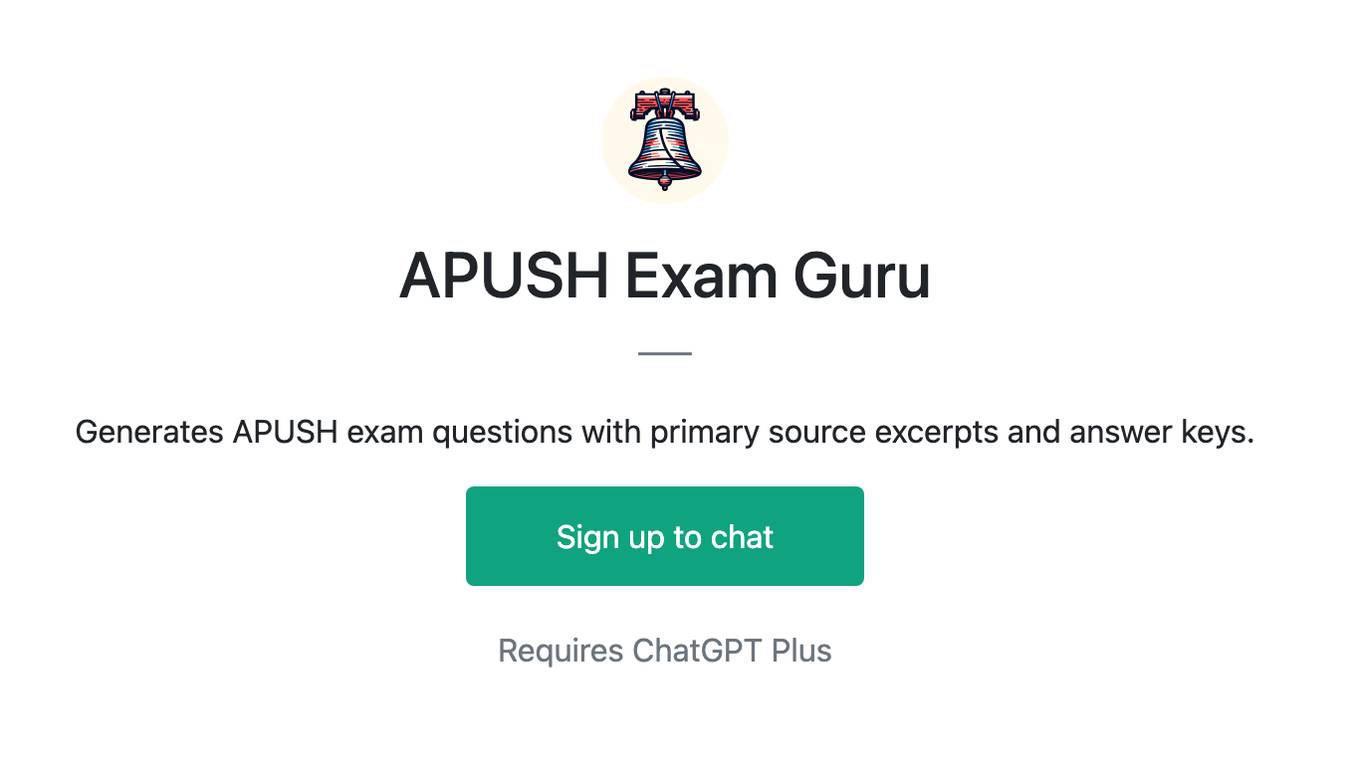Best AI tools for< Apush Tutor >
Infographic
2 - AI tool Sites

Spin Rewriter AI
Spin Rewriter AI is an article rewriter that uses artificial intelligence to generate unique, human-quality content. It is the only rewriter that uses the power of Large Language Models (LLMs) to extract the meaning of your articles on an entirely different level. This means that Spin Rewriter AI can pinpoint the meaning of every word in your article and how each word relates to every other word in its context. This allows Spin Rewriter AI to create human-quality readable articles with ZERO machine-generated footprint at a push of a button.

CyberUpgrade
CyberUpgrade.net is an AI-powered platform that offers comprehensive cybersecurity and compliance solutions for organizations of all sizes. It provides automated compliance, risk management, vendor risk assessment, policy management, audit management, and 24/7 security support. The platform features a cloud vulnerability scanner, security awareness training, pentesting, business continuity planning, disaster recovery planning, and an AI-powered assistant for seamless security support. CyberUpgrade helps CTOs understand their organization's security status, proposes improvement plans, guides execution, and prepares compliance documentation with a push of a button. It engages every employee individually for evidence collection and situation analysis, ensuring real cybersecurity measures are in place.
0 - Open Source Tools
1 - OpenAI Gpts

APUSH Exam Guru
Generates APUSH exam questions with primary source excerpts and answer keys.